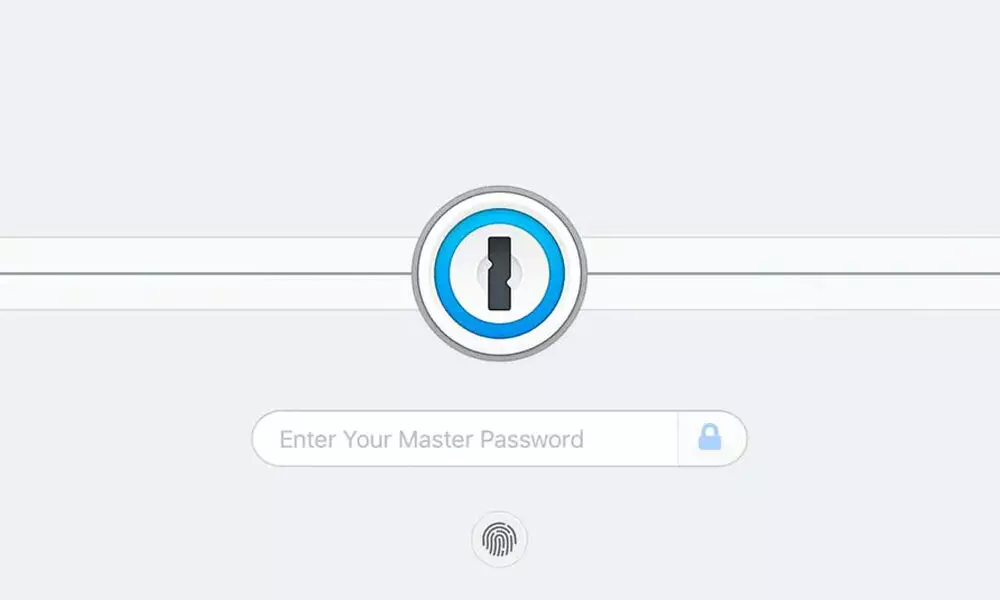1Password Releases Support for Linux Computers

1Password Releases Support for Linux Computers
After nearly seven months from the first development preview, Linux users now have access to the most requested feature of 1Password for years: an official app for Linux computers.
The popular password management service 1Password has released an official desktop client for Linux devices, supporting securely syncing and managing your logins and credentials from a native application. With a Linux application, the password manager now supports all major desktop computing platforms, plus Windows and macOS, along with support for mobile devices.
For years, 1Password users using Linux computers relied on the command line interface, or "1Password X," which is the company's browser extension that provides autocomplete support. However, this was a far cry from full-featured desktop clients on Windows and macOS.
The arrival of a native Linux desktop application means that users can now perform additional tasks such as exporting passwords, better device security, easier Vault management, automatic unlock with the system password, and more.
Written entirely in Rust (a memory-safe language unlike C), the new 1Password application for Linux makes use of the ring cryptography library to keep user data safe through end-to-end encryption. In addition, 1Password uses the same zero-knowledge policy to ensure that they do not have access to user passwords or other secrets within their Vaults.
The desktop app will also unlock the 1Password X extension in your browser for added convenience. Users will also be able to use fingerprint sensors and their Linux login password to unlock the application; the first login after you start your computer will still need your master password.
The password manager team also stated that it was giving back to the open-source community, to which it has provided free 1Password accounts in the past. "1Password developed the new platform with this community in mind, using a number of incredible open technologies such as Rust, Ring Crypto and Electron," the company said, adding that it has also shared the libraries it has used to protect the new application with the open-source community.
Users can download the latest version of 1Password for Linux by visiting its website and selecting the operating system they want to use. If you use Debian or Ubuntu, you can download and install the .deb package, while CentOS, Fedora, or Red Hat Enterprise Linux users can download and install the .rpm package instead. If you use any other distribution, you can download a compressed portable version of the application or use the Snap Store to download 1Password for your Linux distribution.Linux, 1Password








